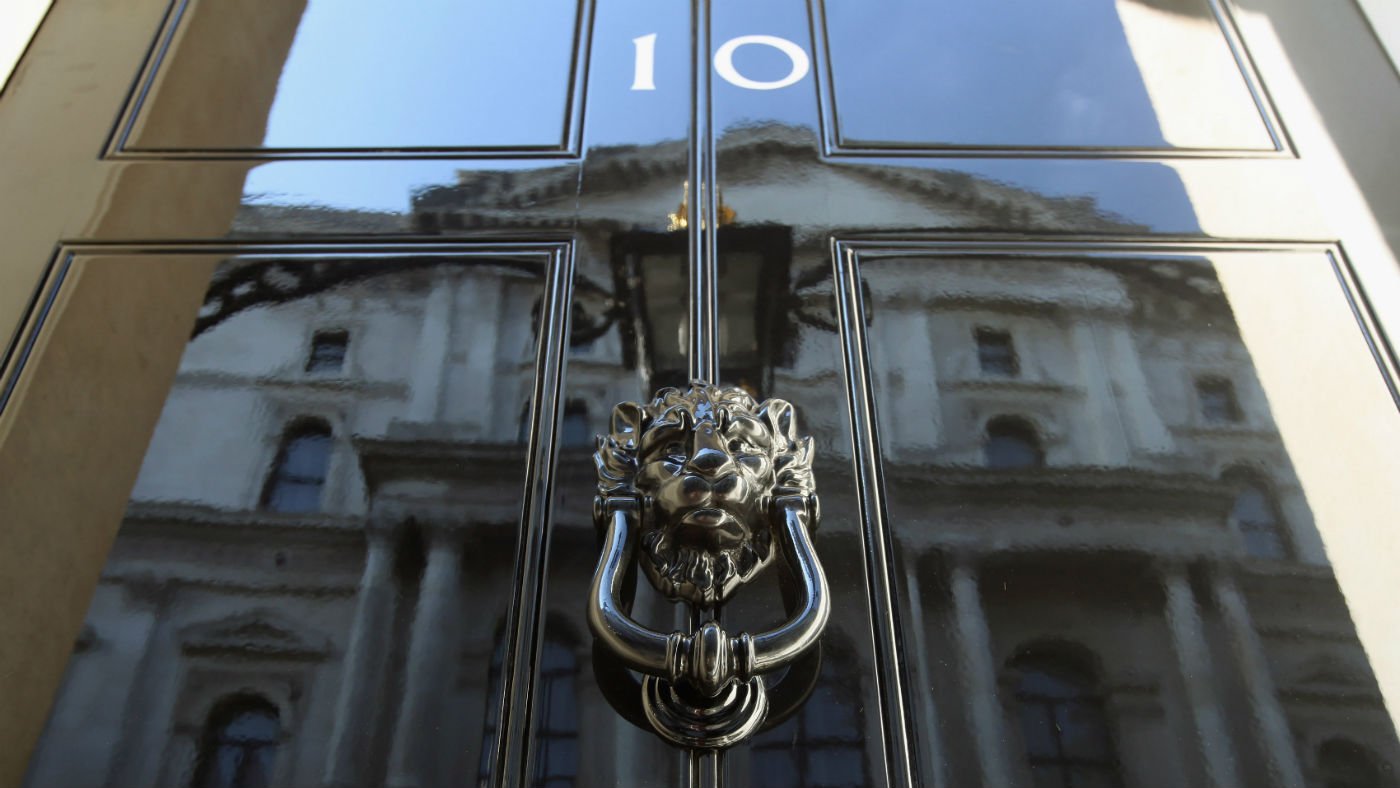Tory leadership contest timeline: when will winner be revealed?
As Hunt and Johnson go head to head in the battle for Number 10, here’s a recap of the election so far

A free daily email with the biggest news stories of the day – and the best features from TheWeek.com
You are now subscribed
Your newsletter sign-up was successful
From a field of 13 candidates, only two remain after a gruelling slog of debates and MP votes; former foreign secretary Boris Johnson - the long-time favourite - and current foreign secretary Jeremy Hunt.
It is now up to the Conservative Party's 160,000 paying members to choose the victor.
Johnson and Hunt will go head to head at hustings events around the country with their “pitches to party members in the hope of winning their support”, The Daily Telegraph says, with whichever candidate achieves more than 50% of the vote being declared the winner.
The Week
Escape your echo chamber. Get the facts behind the news, plus analysis from multiple perspectives.

Sign up for The Week's Free Newsletters
From our morning news briefing to a weekly Good News Newsletter, get the best of The Week delivered directly to your inbox.
From our morning news briefing to a weekly Good News Newsletter, get the best of The Week delivered directly to your inbox.
The battle for Downing Street also appears to be becoming personal, with the BBC suggesting that Hunt has adopted a “much more combative, pugilistic tone” after “perhaps realising there is no point doing this softly and nicely because if he does, Johnson is just going to walk into Number 10”.
Speaking to the broadcaster this week, Hunt said he “feared a government led by Johnson would rapidly collapse, because he would be unable to hold together a coalition of supporters that range from MPs who back no deal to others who feel it would be totally unacceptable”.
“If you are not clear about exactly what you are going to do, that coalition will collapse immediately and you will have Corbyn in Number 10,” he said.
Here’s how the election process has unfolded so far:
A free daily email with the biggest news stories of the day – and the best features from TheWeek.com
The nominations: 10 June
Initially, 13 MPs put their names forward, but junior Brexit minister James Cleverly, Housing Minister Kit Malthouse and former universities minister Sam Gyimah dropped out before the deadline for nominations on 10 June.
The final ten MPs nominated to go forward to the next stage were announced by Dame Cheryl Gillan, vice chairman of the party’s backbench 1922 Committee, later that day.
They included five current secretaries of state: Environment Secretary Michael Gove, Foreign Secretary Jeremy Hunt, International Development Secretary Rory Stewart, Home Secretary Sajid Javid and Health Secretary Matt Hancock.
Four MPs who quit the Cabinet over Theresa May’s Brexit plans also put their names forward: former foreign secretary Boris Johnson, former House of Commons leader Andrea Leadsom, former Brexit secretary Dominic Raab and former work and pensions secretary Esther McVey.
The only candidate who had not served in a Cabinet under May was former chief whip Mark Harper.
MPs vote: 13-20 June
Tory MPs held a series of votes to create a shortlist of two over a week-long period.
Candidates needed the backing of at least 17 Conservative MPs (5% of the parliamentary party) to survive the first round on 13 June and then at least 33 (10% of the parliamentary party) to survive the second on 18 June.
McVey, Leadsom and Harper fell at the first hurdle, and Hancock dropped out the following day. Johnson was the runaway winner with 113 votes, more than double his nearest rival, Hunt.
Raab then failed to reach the magic number, and was followed out of the race by Rory Stewart.
In the fourth ballot, Javid was eliminated as the bottom candidate, while Gove narrowly overtook Hunt for second place, before MPs surprised commentators by eliminating Gove in the final ballot, leaving Jeremy Hunt and Boris Johnson as the final two contenders on 77 and 160 votes respectively.
Members vote: from 22 June
Conservative members will choose one of the two proposed candidates, on a “one member, one vote” basis, in a postal vote.
Contenders will spend four weeks pitching directly to Tory members through hustings held around the country, as well as taking part in more live debates on TV.
“About 160,000 Conservative members will then cast their ballots on which of the two will be the next prime minister, with an announcement in the week beginning July 22,” says The Guardian. Members must have been registered for at least three months to take part in the election.
New prime minister takes office: end of July
Having officially resigned as prime minister on 7 June, May will carry on in Downing Street in a “caretaker” role until her successor is chosen. Whichever candidate ends up victorious will then be summoned to Buckingham Palace to be formally asked to form a government by the Queen. It will be the monarch’s 14th prime minister, stretching all the way back to Winston Churchill.
The results of the contest are set to be announced on Monday 22 July, with the new prime minister taking up residence in Downing Street that week, although “it is unclear as to whether this happens before Parliament rises for the summer recess”, says The Daily Telegraph.